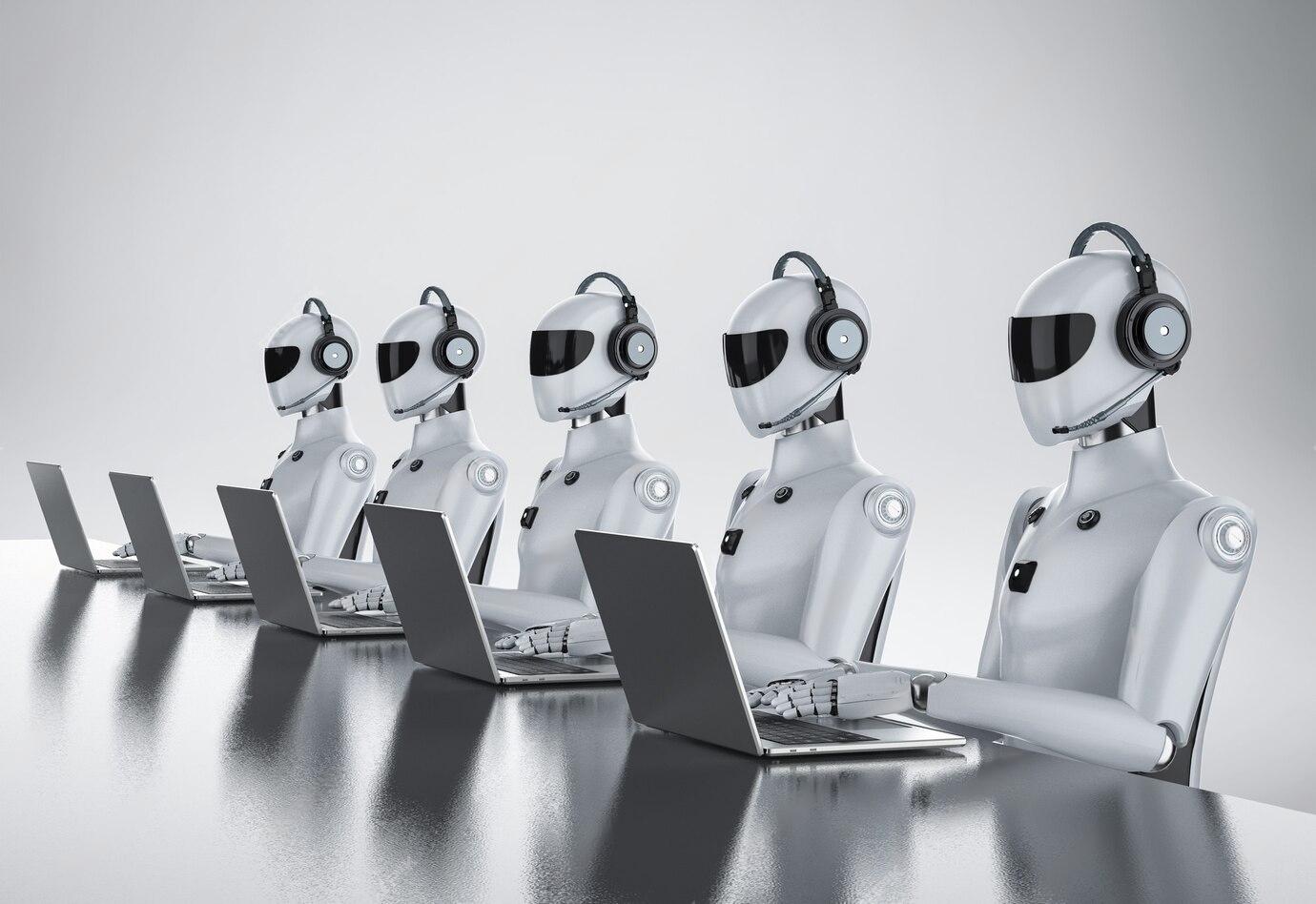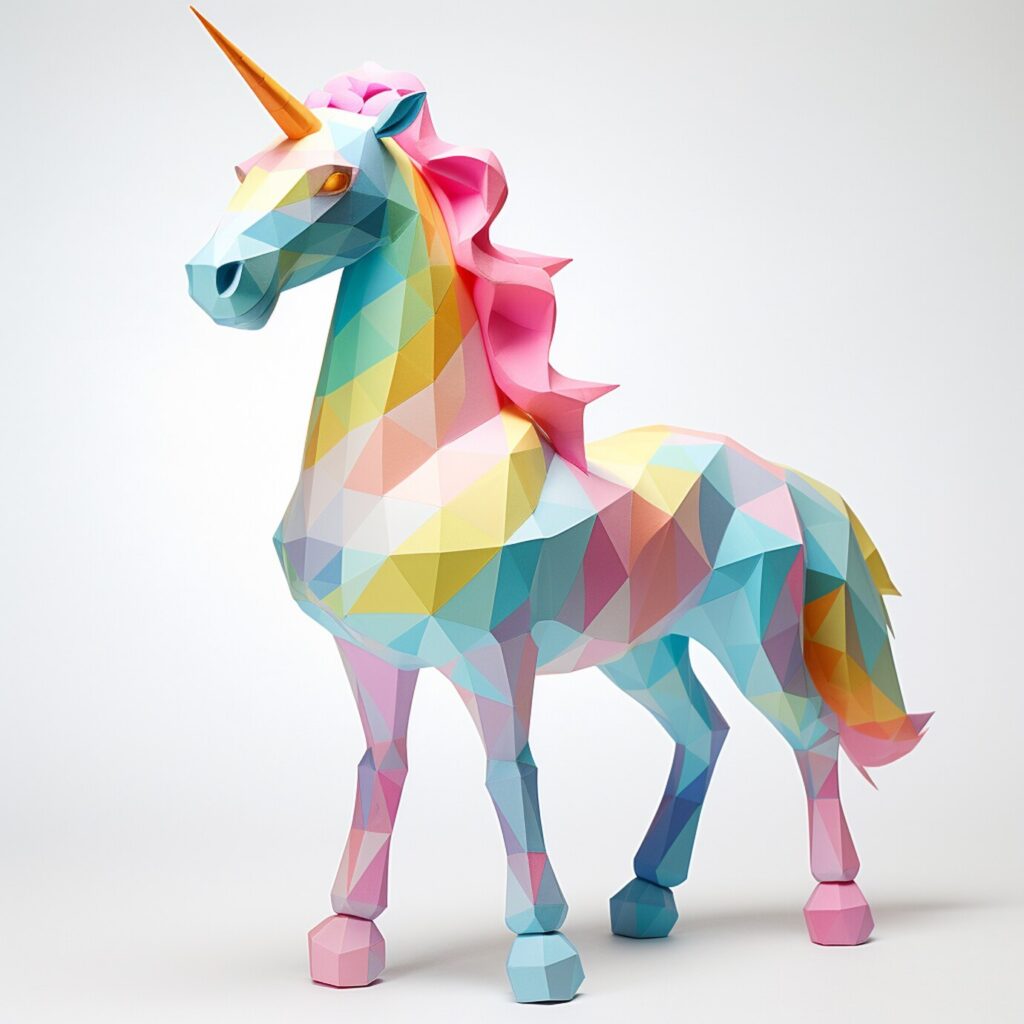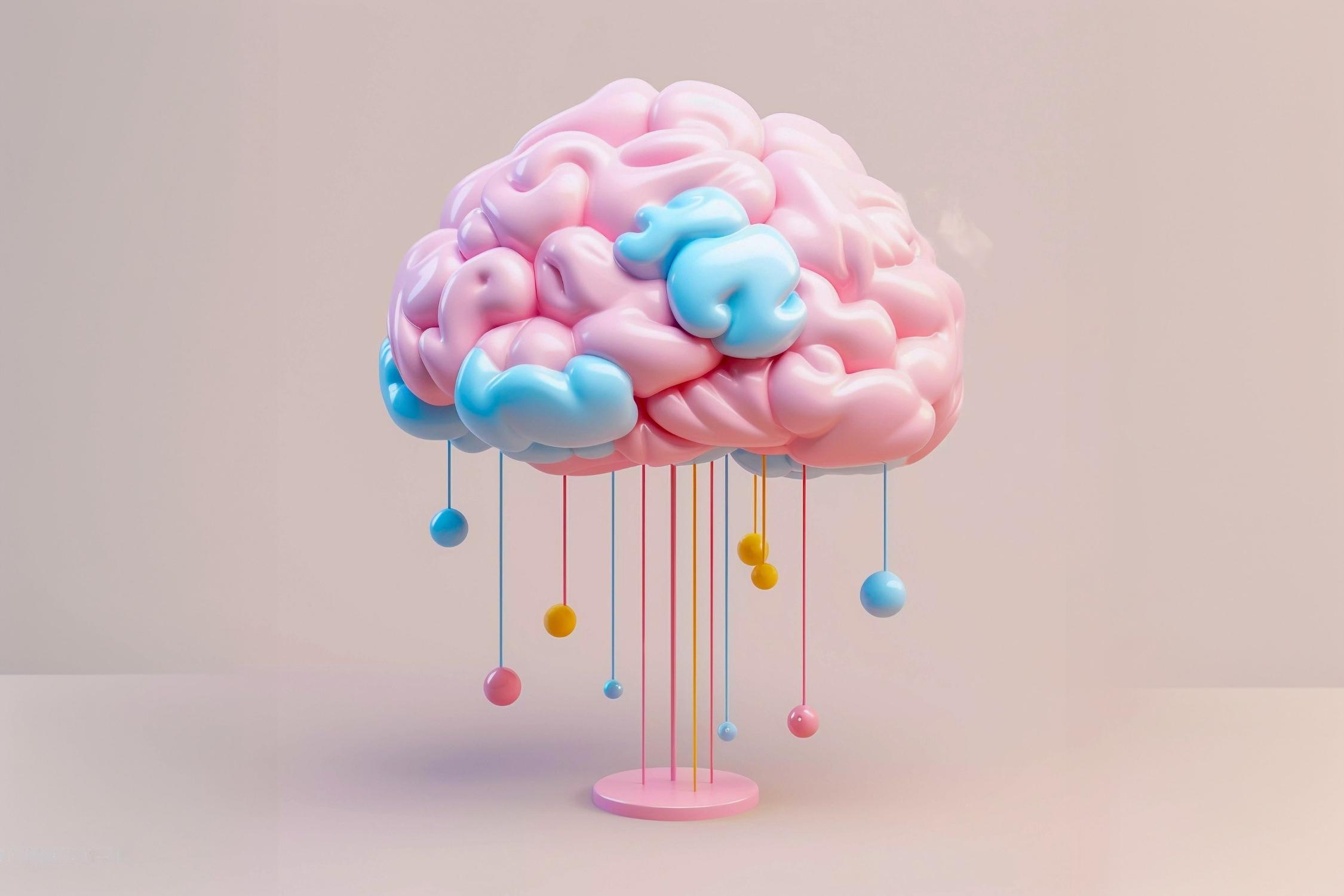The Future of Work: The Death of the 9-to-5

Over the past few months, I’ve read dozens of articles on the future of work, all of which answered the same question: ‘Will AI take my job?’
I find this to be a rather myopic question; on a long enough timeline, AI will take everyone’s current job.
A more precise question might be: ‘When will AI take my job?’ However, as we’ve seen with Elon Musk’s perennial ‘next year’ promises about Tesla’s self-driving cars—accurate timelines are elusive.
So, in this essay, I want to address a different question: ‘How will the nature of work change?’
My answer: In the next few decades, most companies will shrink to single-person entities, and the traditional 9-to-5 job will become a relic of the past.
No, this doesn’t mean we’ll be living in a workless utopia. We’ll still be working, but in radically different ways.
At the dizzying rate of AI improvement, sweeping predictions about the future of any industry are futile, but hey, one can’t help but speculate. So, enjoy my musings 🙂
What are companies?
We take the existence of companies for granted, but have you ever wondered what their purpose is?
Three hundred years ago, most people were either self-employed or worked in small family businesses. If you needed shoes, you didn’t visit a brand like Nike; you went to your local cobbler.
The Industrial Revolution changed everything. It centralized work in large, hierarchical organizations where workers performed specialized tasks under strict supervision. Thus, the modern company was born.
Today, our jobs look nothing like those noisy, grease-stained factories of old. Yet, companies still remain the dominant way we organize work. Why?
To find answers, I turned to the most cited resource on the subject: Ronald Coase’s seminal 1937 economics paper, ‘The Nature of the Firm.’ Coase pinpointed three key reasons for companies’ existence.
However, as I read through the paper, I realized how much has changed since 1937. Technology has rendered these reasons outdated, and AI is set to relegate them to the annals of history.
Reason 1: Companies make it easier and cheaper to find customers and suppliers
Traditionally, companies acted as middlemen. Today, technology allows direct connections between creators and consumers, aligning value creation with capture. It’s also enabled free global distribution.
Consider writing. Journalists once relied on publishers like The New York Times. Now, platforms like Substack and Twitter allow writers to reach millions at no cost.
Reason 2: Companies make it easier to work with other people
Companies used to be crucial for building trust and enforcing contracts. Now, digital marketplaces offer escrow services, ratings, and dispute resolution.
Blockchain technology is pushing this further with smart contracts, automatically executing terms when conditions are met.
Reason 3: Companies allocate labor more efficiently
Technology is transforming labor into less of a commodity, with it’s price trending towards zero.
On one hand, the internet has globalized the talent pool, massively increasing both supply and skill level. On the other hand, technology is also driving down demand; more and more is becoming automated, and people can build more with less.
You might think, “Won’t companies just reinvest these savings into more projects and people?” Historically, yes. The Jevons Paradox suggests that as technology improves resource efficiency, consumption of that resource actually increases. For example, as software development became more efficient, companies take on more projects and thus hire more developers.
However, we’re approaching a tipping point. Soon, companies won’t primarily reinvest in human labor. Instead, they’ll invest in the most cost-effective form of labor: AI.
AI agents will replace people entirely
Over the last 100 years, technology has become increasingly abstracted, making software more accessible for everyone.
1945: Pure binary (1’s and 0’s) — To make anything with this, you needed a team of geeks.
1972: C# — Still complex, but allowed direct communication with computers using human-readable code
1991: Python — Anyone could learn to code with enough effort.
2000: APIs — Integrate complex functions without in-house tech teams
2011: No Code — Build websites and apps with minimal technical knowledge
2018: AI Chatbots — Even grandma can use them
We’ve progressed from computer languages to natural language interfaces. But AI agents represent a paradigm shift.
To explain why, we need to think about fundamentally what a ‘job’ is: A job is made of projects. Projects are made of tasks.
Take the job of a blog writer as an example.
Until now, technology has only been able to help us with individual tasks. Humans still are very hands-on and need to compile these tasks and direct projects.
AI agents are different. They’re autonomous. They can:
- Break down projects into tasks
- Execute these tasks
- Create and manage other sub-agents
- Adjust plans dynamically
Instead of just making individual workers more productive, they have the potential to replace them entirely.
Knowledge workers will be the first to be replaced, but soon, agents will extend into the physical realm as well. With the rapid development of humanoid robots, it’s only a matter of time before all of today’s jobs will disappear.
So, what happens to companies?
Fundamentally, people hire other people to scale themselves. When we have armies of AI assistants who are more capable and cheaper than any employee, people will scale themselves exclusively through these agents: no more traditional employees.
But I don’t see the future as a world full of isolated freelancers. Humans are social creatures, and we crave connection. Working with people to solve problems is just straight-up fun.
Instead, I envision a more fluid future of work: people organizing into small teams (each controlling their own AI agents) for short-term projects, then disbanding and moving on to new opportunities. This will likely be coupled with individuals taking on multiple projects simultaneously, no longer tied to a single employer.
We’re already seeing the beginnings of this shift. The workforce is unbundling as people embrace multiple income streams, evidenced by the rise of freelancing, holding companies, and fractional leadership.
And I think this is a positive change. Large organizations are often sluggish, bureaucratic, and stifle individuality. We’re no longer assembly line workers. People crave autonomy and freedom for self-expression.
The future of work
I don’t believe AI will ever fully replace humans. The one thing AI will always lack is true agency. While they can assist us in solving problems, the privilege of deciding which problems to tackle remains uniquely ours. We’ll stay in the loop, guiding our AI agents with our own goals and desires.
After all, what’s the fun of life if we don’t have (the illusion of 😉) choice?
Technology has always been a force multiplier for humanity, and AI is no different. It will amplify our creative abilities and transform the world into a playground, limited only by our imagination.
Even as we approach a state of abundance, work will remain a staple in our lives. It provides purpose, a channel for creative expression, and an opportunity to impact the world.
However, I foresee a shift in our definition of work: from seeking financial stability to pursuing meaning; from fueling economic growth to pushing the boundaries of art and science; from pushing buttons on a computer to exploring the vast frontiers of space.

Stay connected
Join me on my journey and follow along as I build beautiful things! Just enter your email below to receive occasional updates on my progress 🙂


